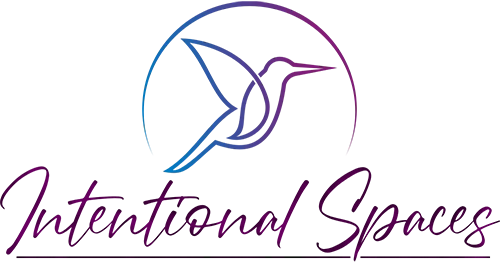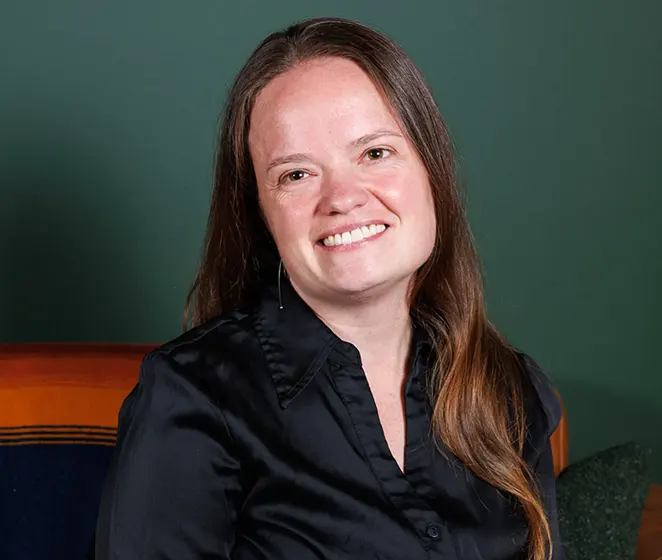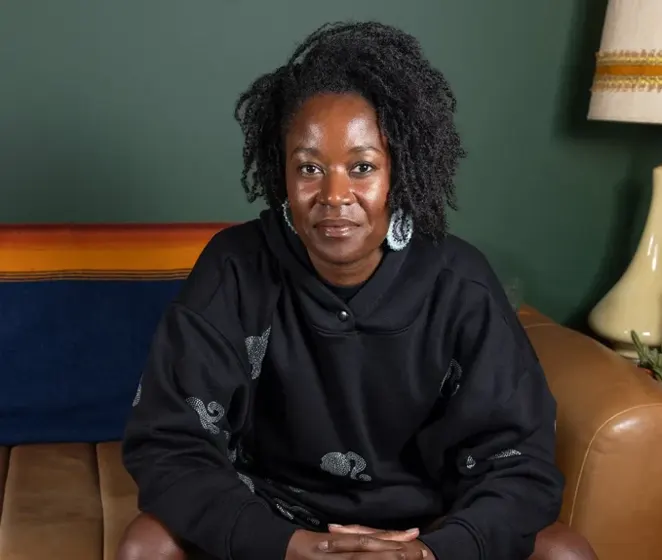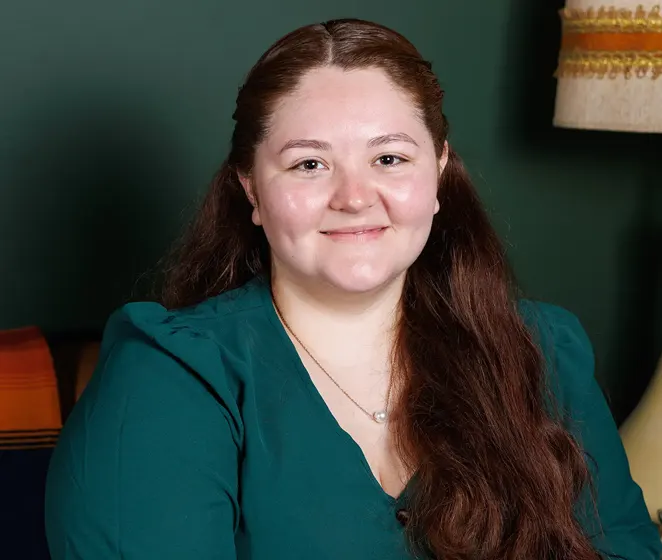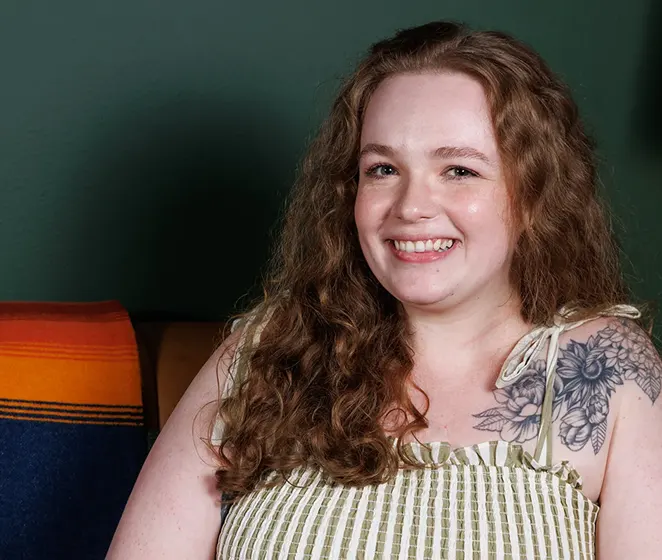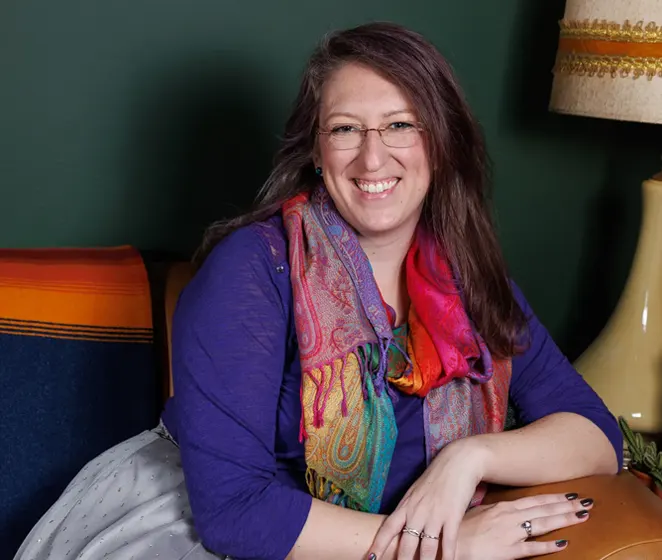By Intentional Spaces Psychotherapy
Parenting is often described as the most rewarding job in the world, but it’s also one of the hardest, and far too many parents feel alone in their exhaustion, resentment, and fear. From the outside, you might seem like you’re keeping everything together: the school drop-offs, work deadlines, birthday parties, meal planning, bedtime routines. Friends may even call you “supermom” or “superdad.” But inside, you may be feeling something entirely different, like you’re operating on autopilot, running on fumes, and one small mishap away from breaking down.
Some days, your love for your children feels overwhelming in the best way possible. Other days, it’s buried under layers of exhaustion, constant interruptions, and the mental weight of a never-ending to-do list. The joy you used to feel in little moments, bedtime stories, weekend outings, and silly conversations starts to fade. In its place grows irritability, detachment, or guilt for not “enjoying” parenthood as much as you think you should.
If any of this sounds familiar, you may be dealing with parental burnout, a state of emotional, physical, and mental depletion caused by the unrelenting demands of parenting without enough recovery time or supp
What Parental Burnout Really Feels Like
Parental burnout is not the same as having a tough week. It’s deeper, heavier, and harder to bounce back from. You might wake up already tired, no matter how much you slept. Even simple daily tasks, such as making breakfast, folding laundry, and helping with homework, can feel overwhelming. It’s like your emotional “gas tank” is constantly near empty.
On the emotional side, burnout often brings a mix of shame, guilt, and frustration. You might compare yourself to other parents who seem to be doing fine and wonder, “What’s wrong with me?” You may find yourself withdrawing from your kids, not because you don’t love them, but because you literally don’t have the capacity to engage.
Perhaps the hardest part is feeling disconnected from the parent you wanted to be. You might snap more often, have less patience, or rely on distractions like screens more than you’d like. And when you notice these changes, the guilt can deepen the exhaustion, trapping you in a cycle that’s hard to break.
Why It Happens
Parental burnout rarely comes from a single event; it’s usually the result of ongoing strain without enough opportunities to recharge. It builds slowly, often so gradually that you might not notice the signs until you’re deep in exhaustion. Many parents keep pushing through because they believe that’s just “what good parents do,” but the reality is that constant strain eventually takes its toll.
Some of the most common contributing factors include:
- Perfectionism – Many parents feel pressure to be endlessly patient, creative, present, and nurturing, while also excelling in work, relationships, and household management. This pressure can come from social media comparisons, cultural expectations, or your own internal standards. Over time, the belief that you must “do it all” perfectly leaves no space for mistakes, rest, or self-compassion.
- Isolation – In past generations, parenting was often a shared responsibility within extended families or close-knit communities. Today, many parents are raising children without that built-in village. Without someone to trade off responsibilities with, offer emotional support, or simply listen without judgment, the weight of parenting can feel unbearably heavy.
- Chronic stress – Parenting already comes with unpredictability and high demands, but when layered with financial worries, work pressures, relationship challenges, or health issues, the stress compounds. Without consistent relief or coping outlets, this constant tension can drain emotional reserves until there’s little left to give.
Another reason burnout can sneak up on parents is that modern parenting culture often rewards self-sacrifice and busyness. Many parents feel guilty for prioritizing their own needs, believing that taking time for themselves means taking away from their children. Unfortunately, ignoring your own well-being doesn’t make you a better parent; it makes it harder to be the parent you want to be.
How to Start Reclaiming Your Energy
Recovering from parental burnout doesn’t require a total life overhaul. Often, it begins with small, intentional choices that slowly replenish your energy and restore your sense of self. Think of it less like flipping a switch and more like tending to a small fire; you keep adding fuel until the warmth returns.
One of the most powerful shifts is simply allowing yourself to acknowledge how you’re feeling without judgment. Saying out loud, “I’m overwhelmed right now,” creates space to ask for help and release the pressure to push through silently.
It’s also helpful to weave micro-moments of rest into your day instead of waiting for a rare vacation or long weekend. Closing your eyes for a few minutes while the kids play, savoring your coffee without multitasking, or stepping outside for fresh air can signal to your body that it’s safe to pause.
Equally important is seeking and accepting support without guilt. Whether it’s leaning on a friend, joining a parent support group, or connecting with a therapist, letting others in lightens the mental and emotional load. Parenting was never meant to be a solo journey.
Reevaluating your daily “must-do” list can also make a difference. When every task feels urgent, burnout thrives. Letting go of nonessential obligations creates breathing room for what truly matters.
Lastly, make space for joy outside of parenting. Engaging in activities that remind you of who you are beyond being a parent, whether it’s reading, art, exercise, or time with friends, restores parts of yourself that burnout often overshadows. These aren’t indulgences; they’re lifelines.
Why Therapy Can Be a Lifeline for Parents
When you’re burned out, it’s easy to feel like you’re the only parent struggling, especially when everyone else’s life looks so put together on the outside. Therapy offers a space to step out of that isolation and into a community of people who get it. It’s not about trading parenting tips or comparing milestones; it’s about having a place where your exhaustion, frustration, and fears are met with understanding instead of judgment.
In a therapy setting, you have the ability to center your own experience, your emotions, and come back to yourself.. This shared experience can be incredibly validating; it’s a reminder that you’re not “broken” or “failing,” you’re simply human. Being able to speak openly, without worrying about how it might be received, can be a relief you didn’t know you needed.
Some benefits of therapy for parents include:
- Shared understanding – Sharing your story and hearing that others have walked a similar journey or had some of the same thoughts and feelings you’ve been keeping inside can dissolve shame.
- Practical coping tools – Therapists often focus on skills for managing stress, setting boundaries, and recharging in realistic ways.
- Consistent support – Meeting regularly gives you a built-in place to be honest about your struggles and celebrate small wins without pressure to “fix” everything overnight.
In this kind of setting, you’re not just learning strategies, you’re building resilience through connection. Over time, that sense of belonging can help restore the emotional energy that burnout has taken away.

You’re Not Alone in This
Parental burnout is not a reflection of your love or dedication; it’s a sign that your resources have been stretched too thin for too long. You deserve rest, support, and a chance to reconnect with yourself. When you take care of your own needs, you’re not just helping yourself; you’re creating a healthier, more sustainable environment for your kids, too.
If you’re ready to step out of survival mode, our expert clinicians offer the tools, understanding, and encouragement to help you feel like yourself again.
